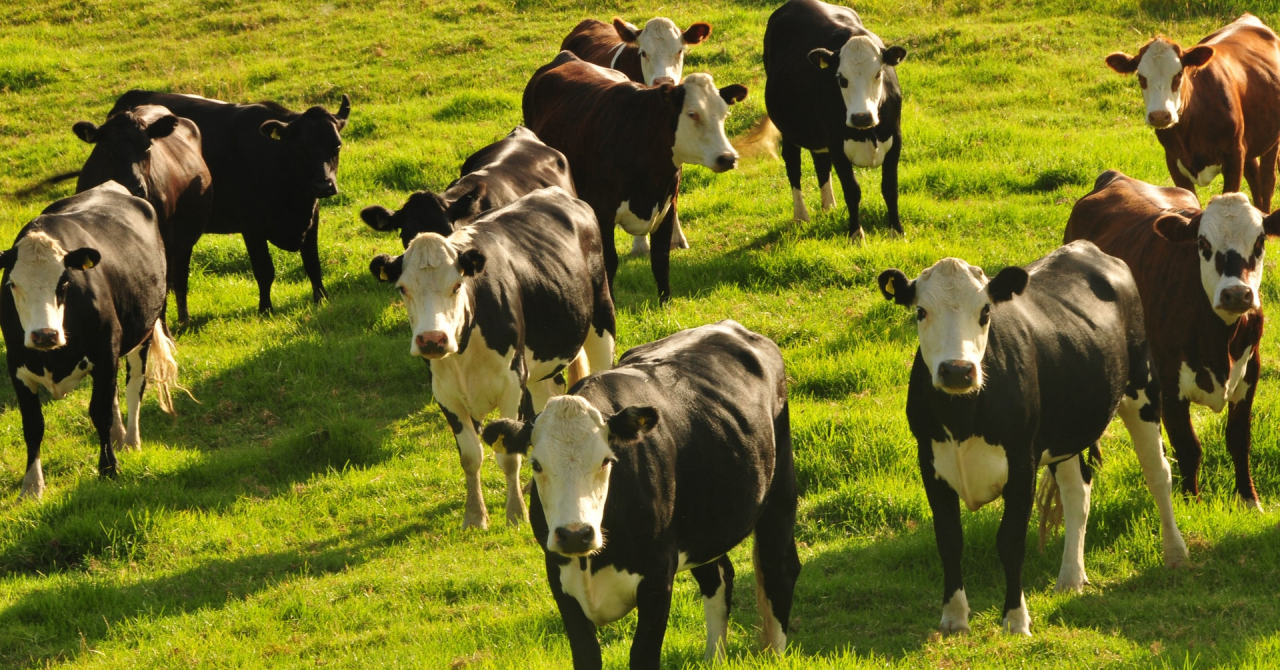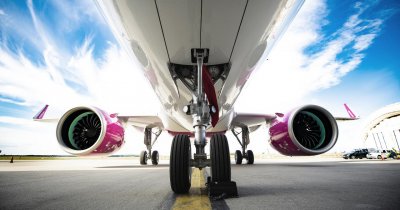The draft plan talks about putting a price on cow and sheep burps, as this is one of the biggest sources of methane in the atmosphere, that’s even more dangerous than carbon dioxide.
As Angelo Demeter, the cofounder of Volta Greentech, a Swedish startup that develops a technology based on seaweed powder that can reduce methane emissions from cows, explained to us, cows produce methane through no fault of their own. The natural mechanism in their stomachs helps them digest grass and they burp and fart methane.
Volta Greentech is a startup from Sweden that came up with a solutio: they put into production a powder based on a specific type of seaweed that mixed with the feed given to the cows can reduce the methane emissions by up to 90%.
Coming back to the proposal from New Zealand, which is one of the biggest agricultural exporters in the world, this would be the first that would have the farmers pay for the emissions of their livestock, Reuters is noting.
If adopted, the law would come into effect starting with the year 2025. At the same time, the proposal talks about incentives given to farmers that are able to reduce emissions through feed additives. The revenue gathered from this tax would be used for research and development of services for farmers.
New Zealand has a population of 5 million people and approximately 10 million cows and 26 million sheep.
 Oana Coșman
Oana Coșman












Any thoughts?